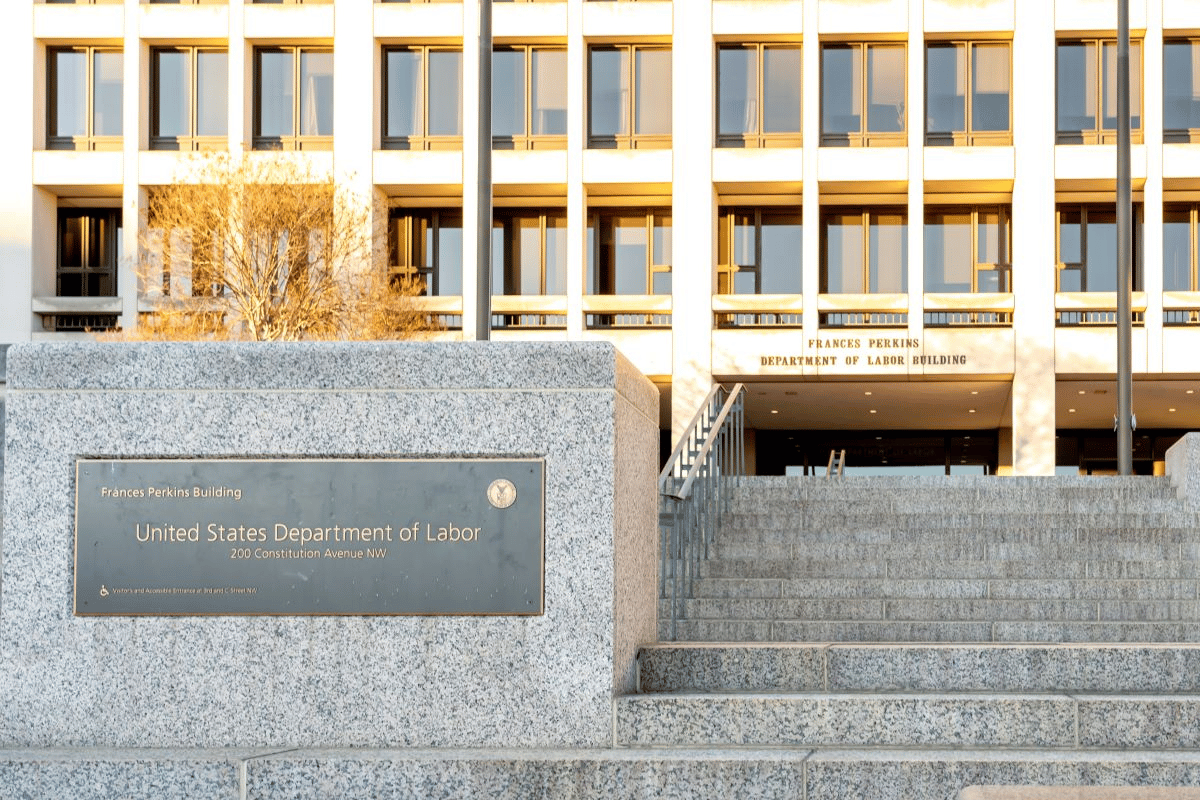Here is another post in our ongoing series on the news, lawsuits and updates around 1099 staffing in healthcare. Please check back with us to see the latest as we follow the stories and bring the latest to you.
In an unprecedented move, a group of healthcare staffing competitors recently joined forces to address the growing clinical, financial, and legal risks associated with temporary 1099 nurse staffing in post-acute facilities.
This move comes as the U.S. Department of Labor (DOL), and other federal agencies, have been focusing their oversight and enforcement efforts on the use of these independent contractors by healthcare facilities trying to solve their short staffing issues.
The reason? There’s an inherent conflict in using independent (by definition unsupervised) contractors in healthcare settings that, in reality, demand the highest levels of supervision and management. Because of this reality, many agencies and facilities are seeing more misclassification lawsuits.
So what, exactly did this coalition do? This grouping of W2 healthcare staffing companies — those that hire and support their nurses as employees instead of independent contractors — sent a request for a DOL opinion letter on the use of 1099 staffing in healthcare. Because of this, the sector may soon gain some much-needed clarification on this persistent question.
Dear DOL…
On August 1, 2023, IntelyCare — joined by a group of 29 healthcare staffing companies including Gale Healthcare Solutions, ShiftMed, and connectRN — sent a joint letter to the DOL. They requested a DOL opinion letter confirming that temporary nurses and aides “should be classified as employees of the Agency under the Fair Labor Standards Act.”
This request lines up well with the DOL’s increased enforcement of employee misclassification laws in the healthcare setting. For example, in the case of Walsh v. Medical Staffing of America, LLC, the DOL sued a medical staffing agency which was found to have misclassified 1,105 nurses and aides, calling them independent contractors when they were really employees.
In that case, the court found an employee relationship because the staffing agency exercised “extensive control over the nurses’ manner of work,” through their scheduling process and through the training and insurance they provided, among other things. That 1099 agency ultimately faced a judgment of over $7.2 million in back wages and other damages.
The coalition’s request is also in line with the approach taken in other jurisdictions. Last year, Illinois updated its nurse licensing laws requiring 1099 staffing agencies to consider their nurses as employees instead of independent contractors — turning the under-invested 1099 business model on its head.
It’s All About Safety
The coalition cited three main reasons why the DOL should require healthcare staffing agencies to designate their nurses as employees, each focusing on the potential harms that the 1099 staffing model can create for nurse professionals, patients, and facilities.
First, the coalition pointed out that staffing agencies which designate their nurses as independent contractors avoid the costs of employment-related benefits like insurance, workers’ compensation, and overtime pay. These particular benefits are especially important to nursing professionals who typically work longer hours and face greater exposure to workplace hazards.
The coalition next pointed out that 1099 staffing agencies lack the necessary clinical and professional oversight and supervision over their independent contractors, increasing the risk of substandard care and malpractice claims. This concern can’t be overstated considering the vulnerability of patient populations, particularly in post-acute settings. The lack of adequate oversight also conflicts with nurse licensing laws requiring nursing care to be practiced in supervised settings.
Lastly, the coalition noted that the use of 1099 staffing agencies increases the burdens on facilities by raising the risk of employment-related claims, including claims based on misclassification, unpaid overtime or payroll taxes, and workers’ compensation — and the audits and investigations that result.
What’s Next?
Although not legally binding, DOL opinion letters are intended to provide guidance on how the agency may apply labor and employment laws in specific situations. The agency will respond to a request for opinion letter guidance “as expeditiously as possible,” although it doesn’t have a formal response timeline.
The DOL opinion letter responding to the coalition could come sooner rather than later as the agency’s employee misclassification efforts have already laid much of the groundwork on this issue — and because the request is coming from such a broad coalition of healthcare staffing companies instead of a single employer.
It’s likely that the agency will follow the lead of Illinois and publish an opinion favoring the classification of temporary nurses as employees instead of independent contractors. This would be a big win for key stakeholders, especially facilities that are trying to plan long-term staffing strategies that will produce safe and high-quality care for their patients.
Why is it likely? The DOL has already dropped a few hints in its proposed rule on employee classification from October 2022. That proposed rule specifically referenced temporary nurse staffing and cited federal caselaw recognizing that “the lack of permanence did not preclude [them] from being employees.”
Stay tuned.
Avoid the Risks of 1099 Staffing With a Trusted Partner
With the likelihood of a DOL opinion letter endorsing the classification of temporary nurses as employees, you should consider taking on a staffing partner that’s been on the right side of this issue from the start. Connect with us today to see how you can fill your shifts with our well-trained and clinically-supported team of W2 nurses and aides.
Legal Disclaimer: This article contains general legal information, but it is not intended to constitute professional legal advice for any particular situation and should not be relied on as professional legal advice. Any references to the law may not be current as laws regularly change through updates in legislation, regulation, and case law at the federal and state level. Nothing in this article should be interpreted as creating an attorney-client relationship. If you have legal questions, you should seek the advice of an attorney licensed to practice in your jurisdiction.




